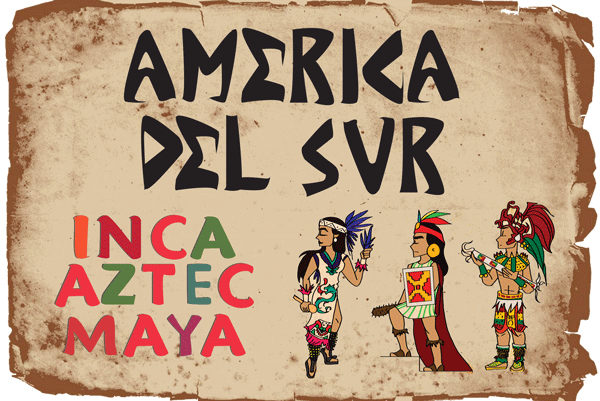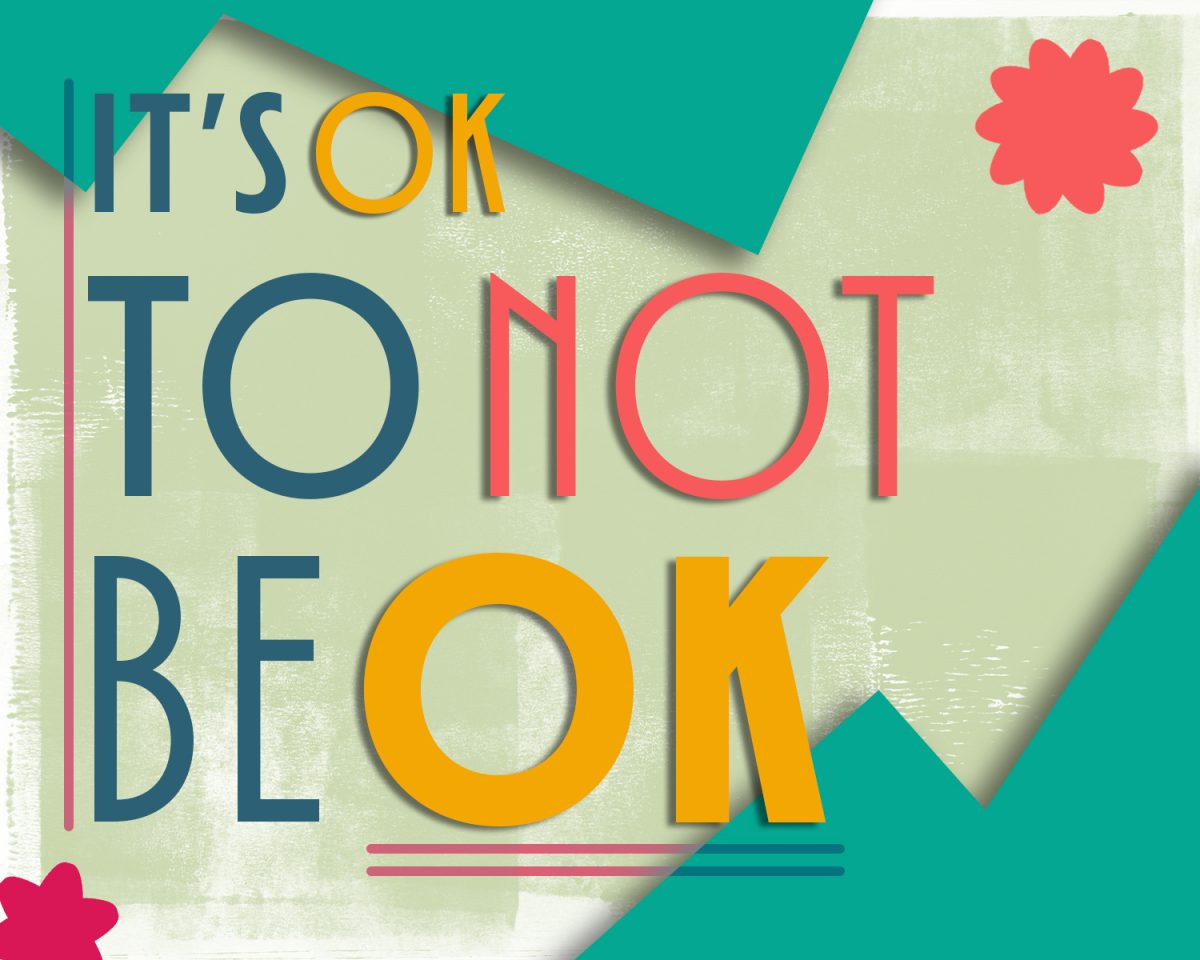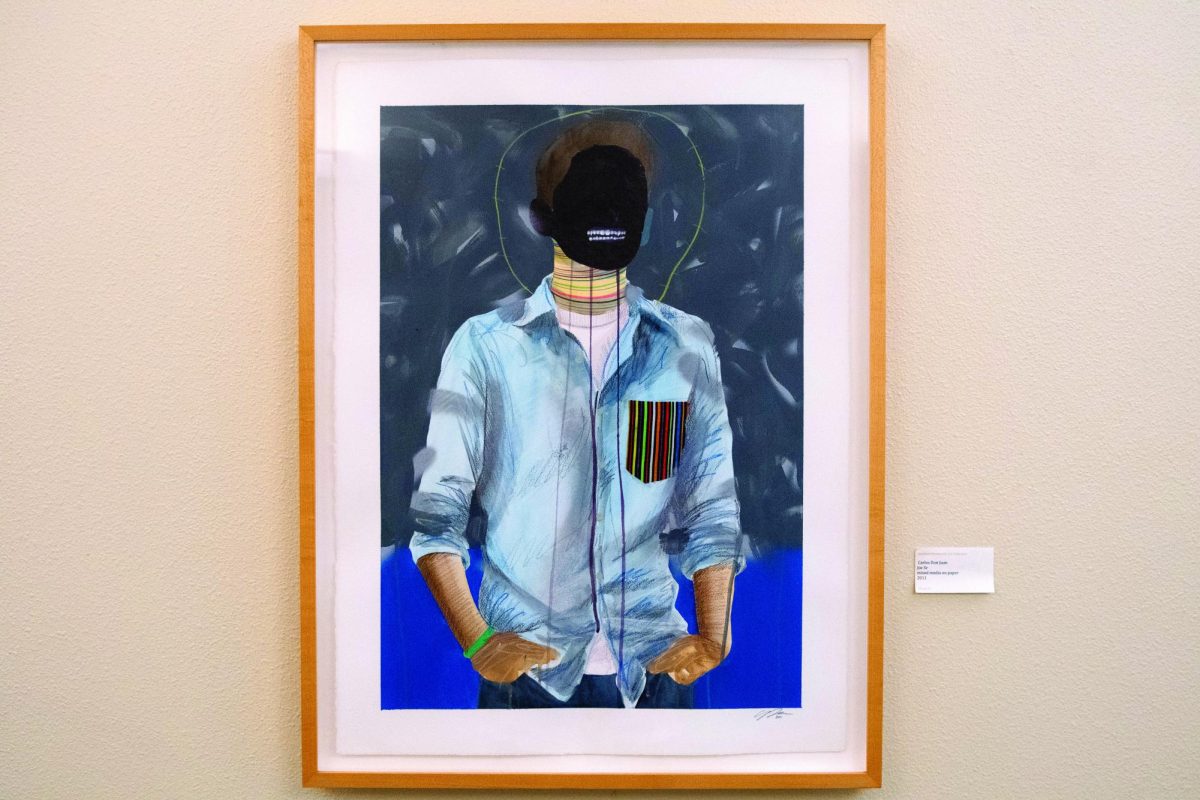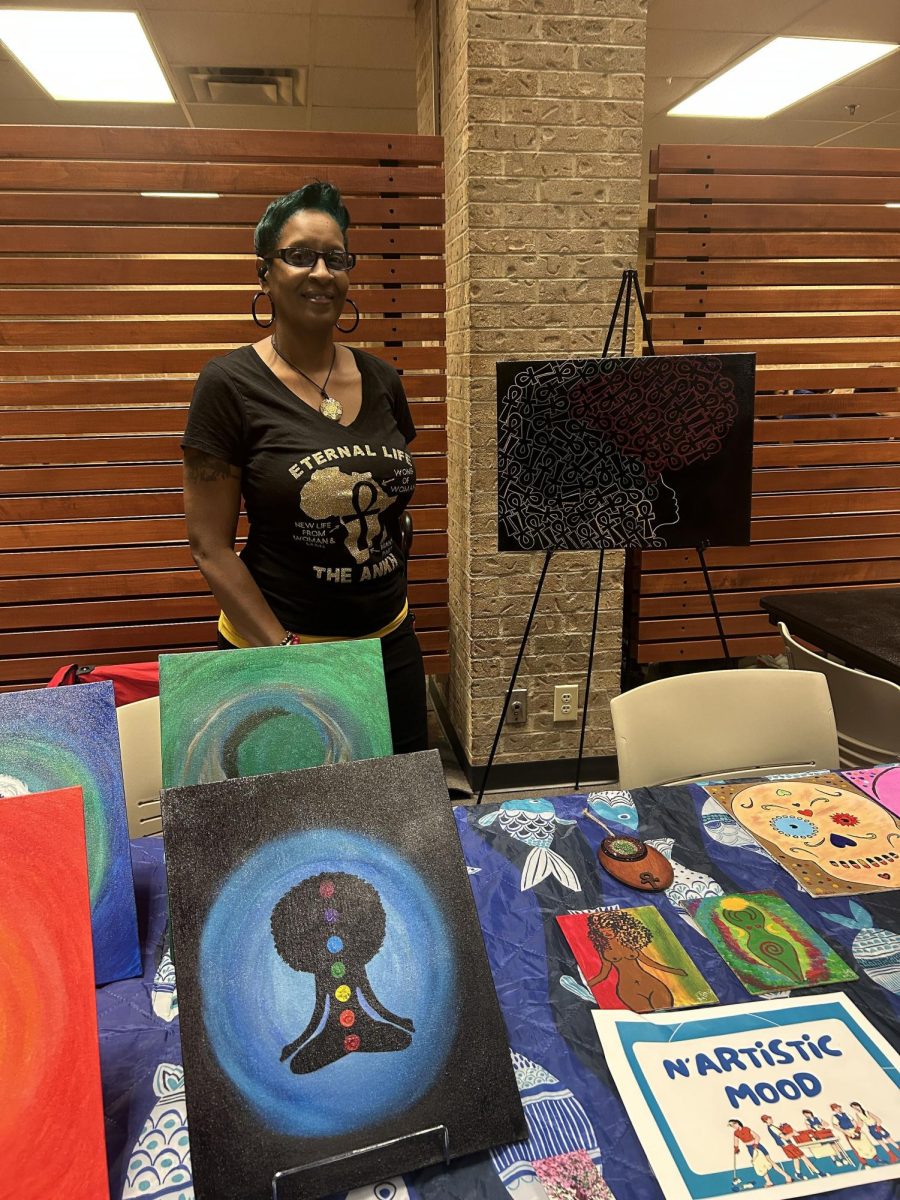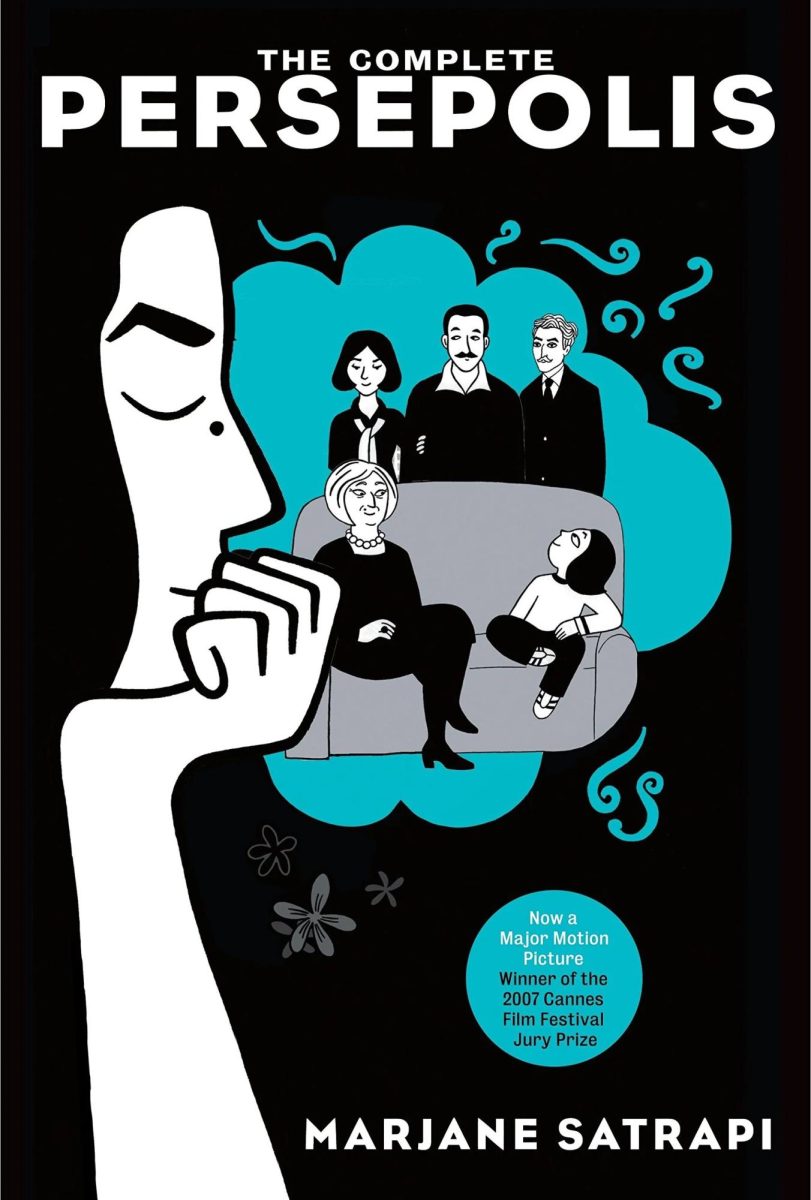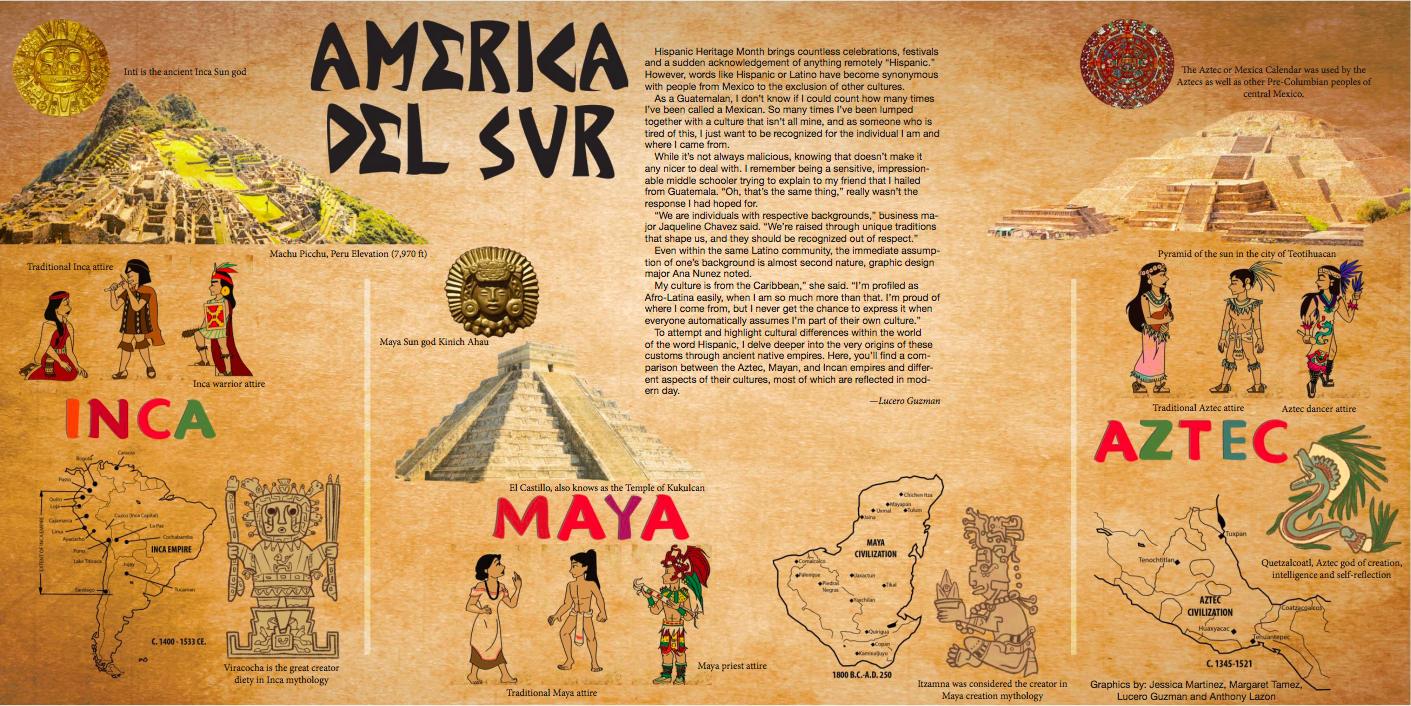
Hispanic Heritage Month brings countless celebrations, festivals and a sudden acknowledgement of anything remotely “Hispanic.” However, words like Hispanic or Latino have become synonymous with people from Mexico to the exclusion of other cultures.
As a Guatemalan, I don’t know if I could count how many times I’ve been called a Mexican. So many times I’ve been lumped together with a culture that isn’t all mine, and as someone who is tired of this, I just want to be recognized for the individual I am and where I came from.
While it’s not always malicious, knowing that doesn’t make it any nicer to deal with. I remember being a sensitive, impressionable middle schooler trying to explain to my friend that I hailed from Guatemala. “Oh, that’s the same thing,” really wasn’t the response I had hoped for.
“We are individuals with respective backgrounds,” business major Jaqueline Chavez said. “We’re raised through unique traditions that shape us, and they should be recognized out of respect.”
Even within the same Latino community, the immediate assumption of one’s background is almost second nature, graphic design major Ana Nunez noted.
“My culture is from the Caribbean,” she said. “I’m profiled as Afro-Latina easily, when I am so much more than that. I’m proud of where I come from, but I never get the chance to express it when everyone automatically assumes I’m part of their own culture.”
To attempt and highlight cultural differences within the world of the word Hispanic, I delve deeper into the very origins of these customs through ancient native empires. Here, you’ll find a comparison between the Aztec, Mayan, and Incan empires and different aspects of their cultures, most of which are reflected in modern day.
—Lucero Guzman
https://eastfieldnews.com/2019/10/09/editorial-sterotypes-present-a-narrow-view-of-the-world/

